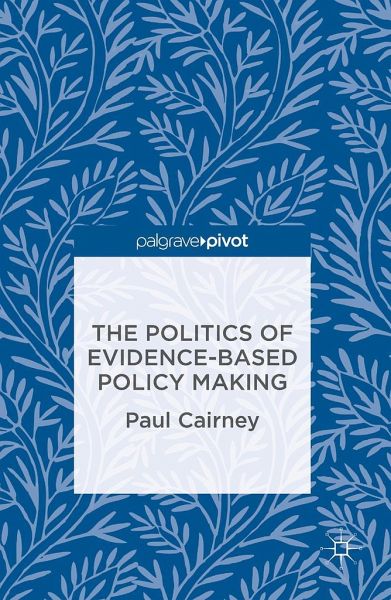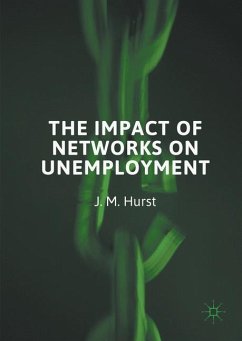
The Politics of Evidence-Based Policy Making

PAYBACK Punkte
29 °P sammeln!
The Politics of Evidence Based Policymaking identifies how to work with policymakers to maximize the use of scientific evidence. Policymakers cannot consider all evidence relevant to policy problems. They use two shortcuts: 'rational' ways to gather enough evidence, and 'irrational' decision-making, drawing on emotions, beliefs, and habits. Most scientific studies focus on the former. They identify uncertainty when policymakers have incomplete evidence, and try to solve it by improving the supply of information. They do not respond to ambiguity, or the potential for policymakers to understand ...
The Politics of Evidence Based Policymaking identifies how to work with policymakers to maximize the use of scientific evidence. Policymakers cannot consider all evidence relevant to policy problems. They use two shortcuts: 'rational' ways to gather enough evidence, and 'irrational' decision-making, drawing on emotions, beliefs, and habits. Most scientific studies focus on the former. They identify uncertainty when policymakers have incomplete evidence, and try to solve it by improving the supply of information. They do not respond to ambiguity, or the potential for policymakers to understand problems in very different ways. A good strategy requires advocates to be persuasive: forming coalitions with like-minded actors, and accompanying evidence with simple stories to exploit the emotional or ideological biases of policymakers.












